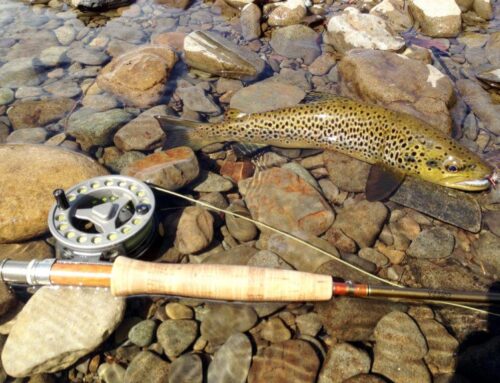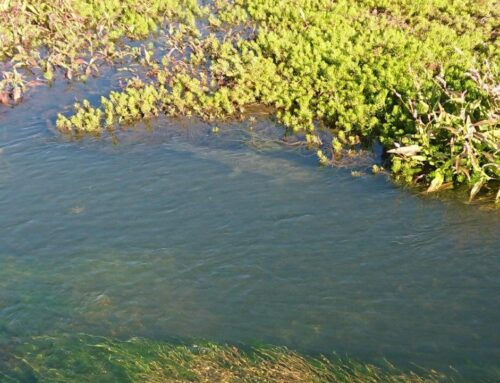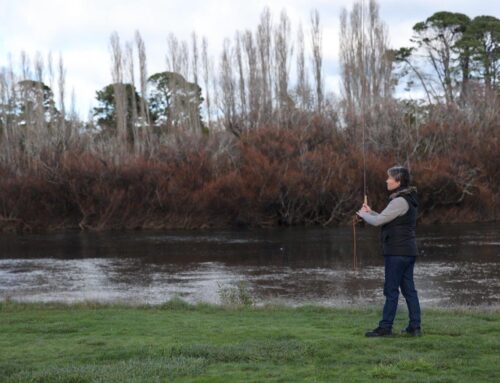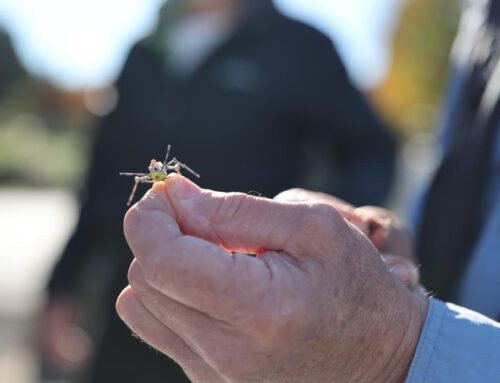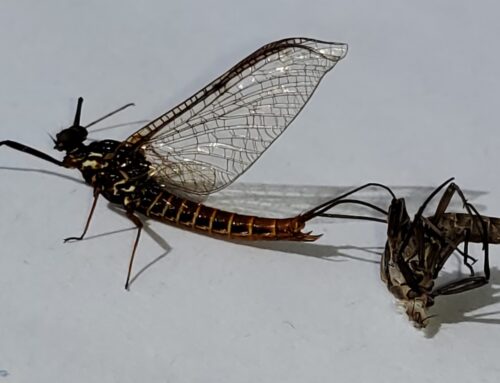Disease Free Tasmania
We are all responsible for keeping Tasmania a disease free fishery.
To ensure the future of Tasmania’s stunning wild trout fishery, it is vital that we are all aware of what we can do to ensure Tasmania remains a disease free fishery.
Please help keep Didymo and other diseases out of Tasmania
This information is sourced from Tasmanian Inland Fisheries Service.
Here is a description of the Didymo algae and how you can avoid its spread.
Didymo (Didymosphenia geminata) is a freshwater diatom (algae) that can cause massive algal blooms on the beds of streams, rivers, and occasionally lake edges where wave action exists. Didymo has recently been identified in the South Island of New Zealand and consequently the potential for translocation to Tasmania is vastly increased. Didymo can adversely affect freshwater fish, plant and invertebrate species by reducing the number of suitable habitats available to these species.
The algae attaches to the streambed by stalks. These stalks can form a thick brown mat that smother rocks, submerged plants and other aquatic materials. Established mats form flowing streamers that can turn white at their ends and look similar to brown tissue paper. Although the algae appear slimy, it feels like wet tissue paper.
Didymo is made up of diatome cells that cannot be seen with the naked eye until large colonies form. It takes only ONE of these cells to survive and be transported to other water bodies for Didymo to spread. Didymo cells thrive in freshwater and as such, the cleaning of equipment in freshwater helps to keep them alive.
How YOU can help PREVENT the spread of Didymo to Tasmania
When travelling to Australia from New Zealand, anglers should soak and scrub all fishing related equipment for at least one minute in either hot water (60 degrees C), a two percent solution of household bleach or a five percent solution of salt, nappy cleaner, antiseptic hand cleaner, or dishwashing detergent. If in doubt increase the strength of the solution and scrub well.
Do not use felt soled waders or boots in Australia that has been used overseas. In fact, the use of felt soled boots has now been banned in New Zealand. Please clean thoroughly and treat as above any other waders. Waders have been shown to be a very likely cause of Didymo transfer.
Within Tasmania, before leaving a river, remove all obvious clumps of algae and look for any hidden clumps. Leave this material at the river site. If you find any material later, do not wash it down the drain. Treat it with the appropriate cleaning methods and place any material in rubbish bin. If cleaning is not practical, completely dry the item and then wait an additional 48 hours before contact or use with waterways.
Help protect Tasmania’s inland waterways and report any unusual algal bloom sightings.
For our clients, we provide all the gear that’s needed on our tours.

